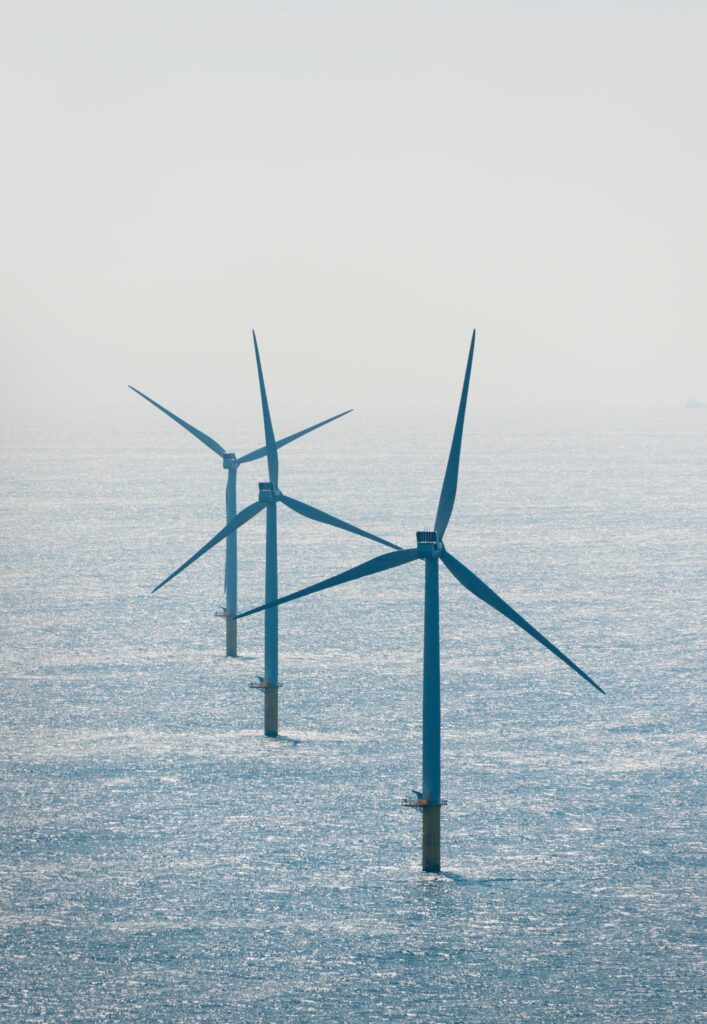Deal Focus: Japan’s Ant Capital earns 3.5x return on luxury watch business
- Niche retail opportunities highlight the depth of Japan’s consumer buyout market
- Digital is the key operational input even in a low-volume, quality-sensitive segment
- Micro buyouts thrive as capital churns in Japan’s middle market, facilitating exits
In Japan, wristwatches and cameras are works of art. While both have become practically obsolete in the smartphone age, they live on as niche interests amongst appreciators of craftsmanship. It’s a discrete consumer category imbued with strategic touchpoints around luxury, status, scarcity, nostalgia, and loyalty – and private equity has noticed.
After acquiring camera retailer Kitamura in 2021, Integral Corporation reversed a years-long streak of declining revenue by prioritising second-hand models over new stock. This effort has included opening stores in the US, China, and Southeast to expand the buy-and-sell network of camera lovers.
Advantage Partners acquired used watch retailer Watchnian in late 2020 with a view to building out its auction business while pursuing digitalisation and M&A strategies. Three physical stores and an online store have been launched in the meantime.
The most recent proof of the thesis came earlier this month with Ant Capital Partners selling second-hand watch company Rasin to Yondoshi Holdings, parent company of the 4°C jewellery brand, for JPY 10.5bn (USD 70m). This generated Ant Capital a 3.5x return, largely as a result of a digital transformation that catered to watch buyers’ apprehensions about authenticity.
“Once people buy a high-end watch in a retail shop, they start to believe in the product, and so they believe in the website,” said Ryosuke Iinuma, a managing partner and president of Ant Capital, who took the role of chairman at Rasin. “The second one they buy will be online.”
Digital dimension
Ant’s core value-add move was mobilising its four-strong in-house artificial intelligence (AI) and digital transformation team to launch a mobile platform called Owllar, which in addition to adding customers, expanded inventory procurement.
Sourcing watches from individuals rather than professional channels is estimated to save 5%-10% in costs per unit. Historically, this only worked when people came into physical stores. With Owllar, owners can register watches to monitor market demand and pricing, encouraging sales to Rasin. It also features a community chat function and, perhaps most importantly, a trading function.
“Cash is needed to purchase inventory, but banks are conservative in providing loans secured by watches. However, Owllar enables Rasin to eliminate the need to stock inventory if end-users start buying and selling from each other,” Iinuma said.
“Also, we were able to check the exact inventory turnover rate after investment and show the bank that inventory was turning over in two months, which allowed Rasin to increase new borrowing by JPY 2bn. That meant they could purchase more inventory and dramatically increase sales.”
Revenue increased from JPY 10bn to JPY 20bn during Ant’s holding period, while EBITDA grew from JPY 1bn to JPY 2.2bn. Rasin currently sells around 10,000 watches a year, often in a range of JPY 3m-JPY 10m per item. Its record sale, a Patek Philippe model, went for JPY 30m.
A store expansion is ongoing. There are two shops in Tokyo’s upmarket Ginza shopping district, one of which is focused exclusively on Rolex. A third recently opened in Osaka, and a fourth is planned for Shinjuku, a key commercial hub in Tokyo.
Ant acquired a 97.2% stake in the business in 2021 at an enterprise valuation of JPY 6bn; Rasin’s founder retained the balance. There was a 50-50 split between equity and debt. Two vehicles – Ant’s flagship Catalyzer No. 6 Fund, which closed in 2021 on JPY 47.9bn, and an offshore fund – were involved in the deal. Yondoshi acquired Ant’s entire 97.2% position, of which 70.4% was in Fund VI.
Liquidity surge
It extends a flurry of exit activity for Ant. Catalyzer No. 5 sold sushi restaurant chain Amino to industry strategic SRS Holdings last July, generating a 3x return. Iinuma said another portfolio company from that fund will be exited at the end of the year, targeting a 3x multiple. A third, sales automation provider SoftBrain, is preparing for an IPO.
Catalyzer No. 6 is about 40% deployed. Fund VII is not expected to launch until late next year.
The momentum is broadly tied to a more kinetic Japanese private equity industry in the recent term. Iinuma estimates middle-market deal volume has grown 15% per annum during the past five years and that transaction sizes have doubled in this period.
For Ant, which targets companies with enterprise valuations of JPY 5bn-JPY 10bn and exits 90% of them via M&A, this implies an expanded universe of potential buyers.
“We’re seeing more large-cap and global private equity firms in the larger end of the middle market, which will drive exits at the small to mid-cap end,” Iinuma said. “Out of the approximately 30 buyers invited to the Rasin auction, about 10 were private equity firms.”












